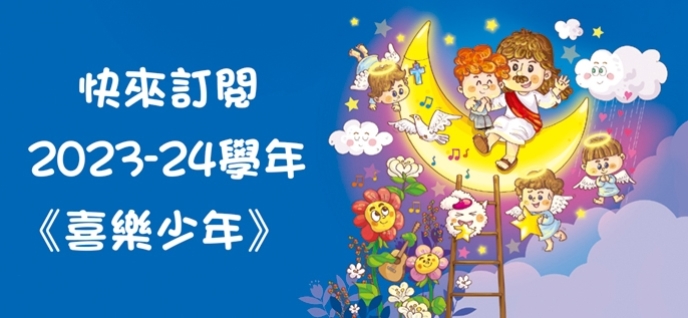
Cliffhanger
Do you love TV detective drama series? Since there is a “cliffhanger” at the end of each episode, people stay at home every evening, waiting anxiously to discover what will happen next.
An episode ending with a cliffhanger does not literally refer to a person hanging from a cliff in the episode. The expression“cliffhanger”is a plot device which puts the audience in suspense and keeps them interested in following the story. This method is widely used in films, novels and comic books to describe a character who is in dangerous situations.
The origin of this expression most likely comes from “A Pair of Blue Eyes” written by Thomas Hardy, a British author. Before the novel was printed as a book in 1873, it was first published in serial form in a monthly magazine. In the story, one of the main characters, Henry Knight, slips and hangs off the edge of a cliff. He is eventually rescued by a young woman.
While Thomas Hardy’s novel may have created one of the earliest cliffhanging scenes, it was not until 1931 that the first written version of“cliffhanger”appeared in an American magazine,“Variety”.
“Henry McRae, in charge of the cliff hangers, is searching for story material.”
In the above quote, Henry McRae, a film director and screenwriter, was responsible for producing some exciting plots for a film.
Nowadays, the expression can be used to describe an exciting situation with uncertain or unpredictable results.
The District Council Elections are going to be real cliffhangers (勝負難分; 充滿懸念) because there are many strong candidates.
|
Glossary
|
|
|
Drama series
|
連續劇
|
|
Episode
|
集
|
|
Cliff
|
懸崖
|
|
Plot
|
情節
|
|
Suspense
|
懸疑
|
|
Comic books
|
漫畫書
|
|
Screenwriter
|
編劇
|
|
Unpredictable
|
難以預測的
|






